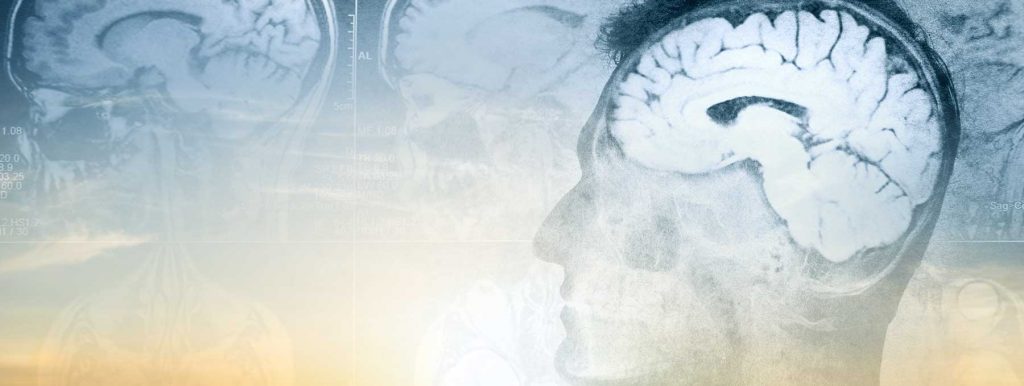Reducing oxygen is generally considered bad for the health. However, new research suggests that doing so for a short period of time may reset one’s circadian rhythm. Most people have suffered from jet lag at some point in their lives. The cause of jet lag is simple: A disruption of the circadian rhythm. Curing jet […]Reducing oxygen is generally considered bad for the health. However, new research suggests that doing so for a short period of time may reset one’s circadian rhythm. Most people have suffered from jet lag at some point in their lives. The cause of jet lag is simple: A disruption of the circadian rhythm. Curing jet [...]
Study Finds Psychotherapy Sessions Work Best in the Morning
Whether you’re a morning lark or a night owl, a new chronobiology study shows that morning may be the best time to schedule your next psychotherapy appointment. Do you see a therapist? While many people view this as a dirty secret, it is a common behavior—and a healthy one as well. Psychotherapy can be an […]Whether you're a morning lark or a night owl, a new chronobiology study shows that morning may be the best time to schedule your next psychotherapy appointment. Do you see a therapist? While many people view this as a dirty secret, it is a common behavior—and a healthy one as well. Psychotherapy can be an [...]
Hormonal Contraception Use Shown to Increase Risk of Depression
Hormonal contraception use is so common that it is almost ubiquitous. However, it may be increasing the risk of depression in some women who use it. Although millions of women worldwide use hormone contraception, the Pill and other contraceptives can have a variety of side effects. While many of these side effects are generally minor, […]Hormonal contraception use is so common that it is almost ubiquitous. However, it may be increasing the risk of depression in some women who use it. Although millions of women worldwide use hormone contraception, the Pill and other contraceptives can have a variety of side effects. While many of these side effects are generally minor, [...]
Why You Get Thirsty Before it’s Time to Turn Out the Lights
Do you get thirsty right before bedtime? Research has found that this almost universal experience happens for a reason. Why are children, and the rest of us, thirstier before bed? Parents know the story well: You get the kids tucked in and are about to turn off the light when the nightly request for a […]Do you get thirsty right before bedtime? Research has found that this almost universal experience happens for a reason. Why are children, and the rest of us, thirstier before bed? Parents know the story well: You get the kids tucked in and are about to turn off the light when the nightly request for a [...]
New Research on Cancer and the Genes that Dictate the Circadian Rhythm
New research is yielding new information about the genes that dictate the circadian rhythm, information that may be used to treat and even cure cancer in the future. Cancer is one of the most dreaded diseases a person can get. Battling cancer is always a fight for your life, and many of the treatments can […]New research is yielding new information about the genes that dictate the circadian rhythm, information that may be used to treat and even cure cancer in the future. Cancer is one of the most dreaded diseases a person can get. Battling cancer is always a fight for your life, and many of the treatments can [...]
- « Previous Page
- 1
- …
- 85
- 86
- 87
- 88
- 89
- …
- 101
- Next Page »









